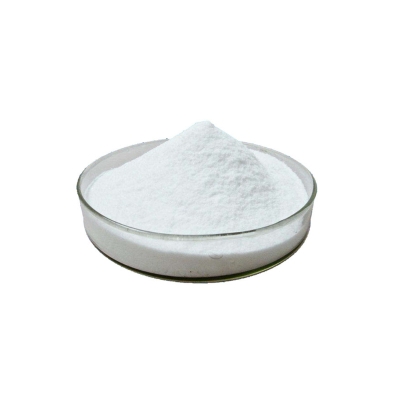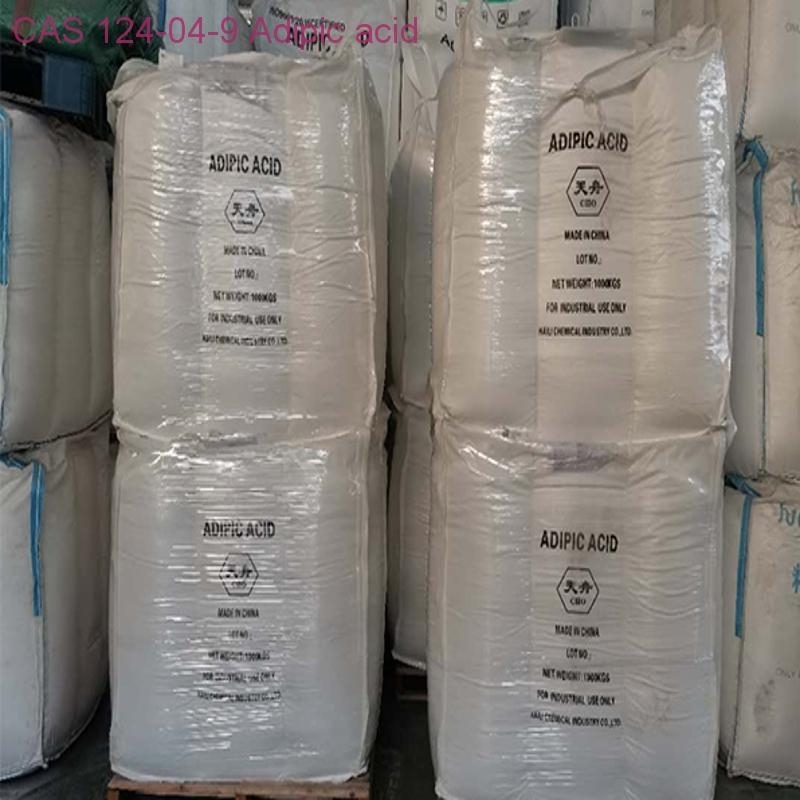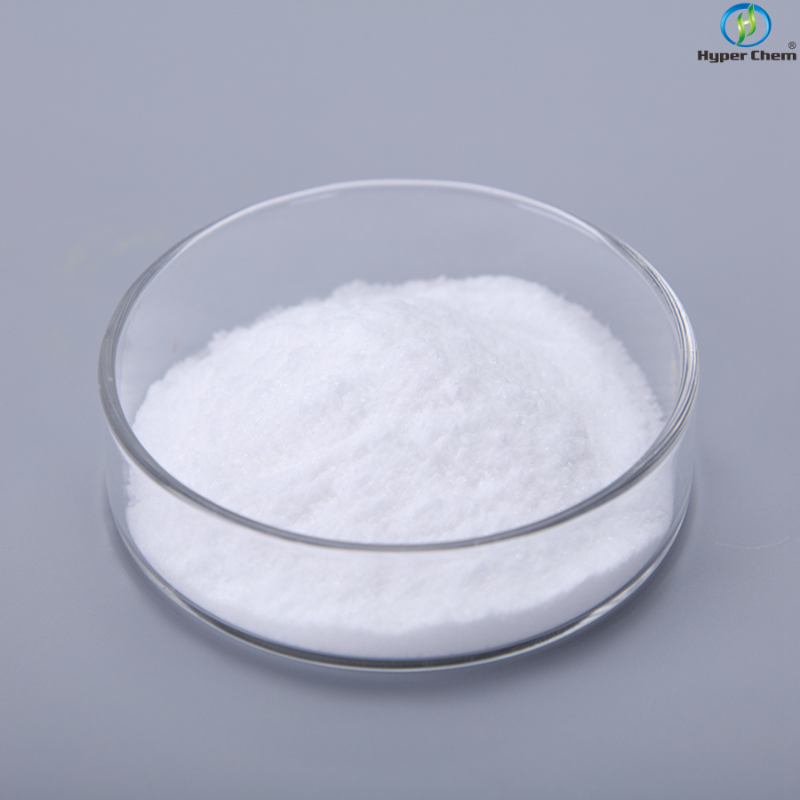-
Categories
-
Pharmaceutical Intermediates
-
Active Pharmaceutical Ingredients
-
Food Additives
- Industrial Coatings
- Agrochemicals
- Dyes and Pigments
- Surfactant
- Flavors and Fragrances
- Chemical Reagents
- Catalyst and Auxiliary
- Natural Products
- Inorganic Chemistry
-
Organic Chemistry
-
Biochemical Engineering
- Analytical Chemistry
-
Cosmetic Ingredient
- Water Treatment Chemical
-
Pharmaceutical Intermediates
Promotion
ECHEMI Mall
Wholesale
Weekly Price
Exhibition
News
-
Trade Service
People with Parkinson's disease who eat a diet that includes three or more servings of flavonoid-rich foods, such as tea, apples, berries and red wine, may have a lower mortality rate than those who don't, a new study suggests as many flavonoids as possible during the study period
.
The study was published online Jan.
Flavonoids are naturally occurring compounds in plants that are considered powerful antioxidants
.
Previous research has shown that flavonoids have protective effects on the brain
"Our results are exciting because they show that in our study, people with Parkinson's disease who did something as simple as eating common foods such as cranberries, apples and orange juice three or more times a week were likely to Improve your chances of longevity,
" said Xiang Gao, MD, PhD, of Penn State College Park
.
The study looked at 1,251 Parkinson's patients with an average age of around 72
.
The researchers used a food frequency questionnaire to determine people's flavonoid intake before and after diagnosis, which lasted an average of 33 years
By the end of the study, 944 participants, or 75 percent, had died
.
Of these, 513 died from Parkinson's disease, 112 from cardiovascular disease, and 69 from various cancers
Those in the 25% highest flavonoid intake group ate an average of 673 mg per day, while the 25% lowest flavonoid intake group consumed about 134 mg per day
.
For example, strawberries contain 180 mg of flavonoids per 100 grams, while apples contain 113 mg
After adjusting for factors such as age and total calories, the group with the highest intake of flavonoids had a 70 percent higher chance of survival than the group with the lowest intake of flavonoids
.
Gao noted that before a person was diagnosed with Parkinson's disease, higher flavonoid intake was associated with a lower risk of death from any cause in men, but not in women
.
After diagnosis, 120 of the 163 men at the top died during the study period, while 129 of the 163 men at the bottom died
The researchers also looked at individual flavonoids
.
For example, people in the highest 25% of anthocyanin intakes had an average 66% higher survival rate compared to those in the lowest intake of this flavonoid
The study did not prove that Parkinson's patients whose diets were rich in flavonoids had better survival rates
.
It shows a connection
"More research is needed to understand why Parkinson's patients whose diets are higher in flavonoids have better survival rates," Gao said
.
"However, if Parkinson's patients can add some berries, apples, Oranges and tea, our findings suggest that this may be a simple and low-risk approach that may improve their outcomes
.
" While we discourage current non-drinkers to start drinking, drinkers may consider switching to red wine
.
"
One limitation of the study is that at the start of the study, the findings did not take into account the severity of Parkinson's disease
.
This research was supported by the National Institute of Neurological Disorders and Stroke
.
Learn more about Parkinson's disease at BrainandLife.
org, the homepage of the American Academy of Neurology's free patient and caregiver journal, which focuses on the intersection of neurological disease and brain health
.
Follow Brain & Life? on Facebook, Twitter and Instagram
.
When you post about this research on social media, we encourage you to use the hashtags #neurology and #ascience
.
The American Academy of Neurology is the world's largest association of neurologists and neuroscience professionals, with more than 36,000 members
.
AAN is committed to promoting the highest quality patient-centered neurological care
.
A neurologist is a doctor specially trained in diagnosing, treating, and managing disorders of the brain and nervous system, such as Alzheimer's, stroke, migraine, multiple sclerosis, concussion, Parkinson's, and epilepsy
.







